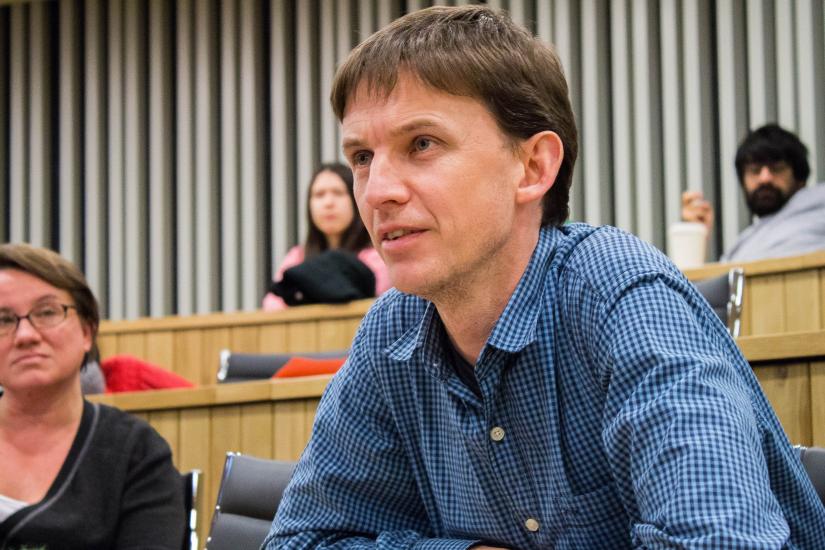
This colloquium talk is planned as an in-person event. Registration is only required for non-CEU members. Please check the COVID safety rules here to enter the building.
ABSTRACT
G.E. Moore famously defended realist moral non-naturalism and intuitionist moral epistemology. Since Moore’s day, critics have charged that these views are metaphysically and epistemologically mysterious. Contemporary defenders of non-naturalism have responded to these critics by denying any substantial metaphysical commitments, and by invoking the method of reflective equilibrium as a means to obtaining justified moral beliefs; some interpreters attribute similar views to Moore. I will argue that such defences cannot succeed. This is because non-naturalists must recognize that differences in the starting point of reflective equilibrium are likely to result in differences in the outcome, and that the fact that one happened to begin one’s own reflective equilibrium from one’s own particular starting point cannot be explained by the non-natural moral facts or truths being what they are, but rather by contingent facts about psychology. In consequence, even in reflective equilibrium non-naturalists must recognize that instead of reaching the set of substantive moral beliefs that they now take to be true, they could just as easily have reached another set that they now take to be radically false. The upshot is that it would be irrational for non-naturalists to decide to accept any substantive moral beliefs, including the most obvious moral truths.
Interested in receiving updates about the events of the Department of Philosophy? Sign-up to its mailing list here.